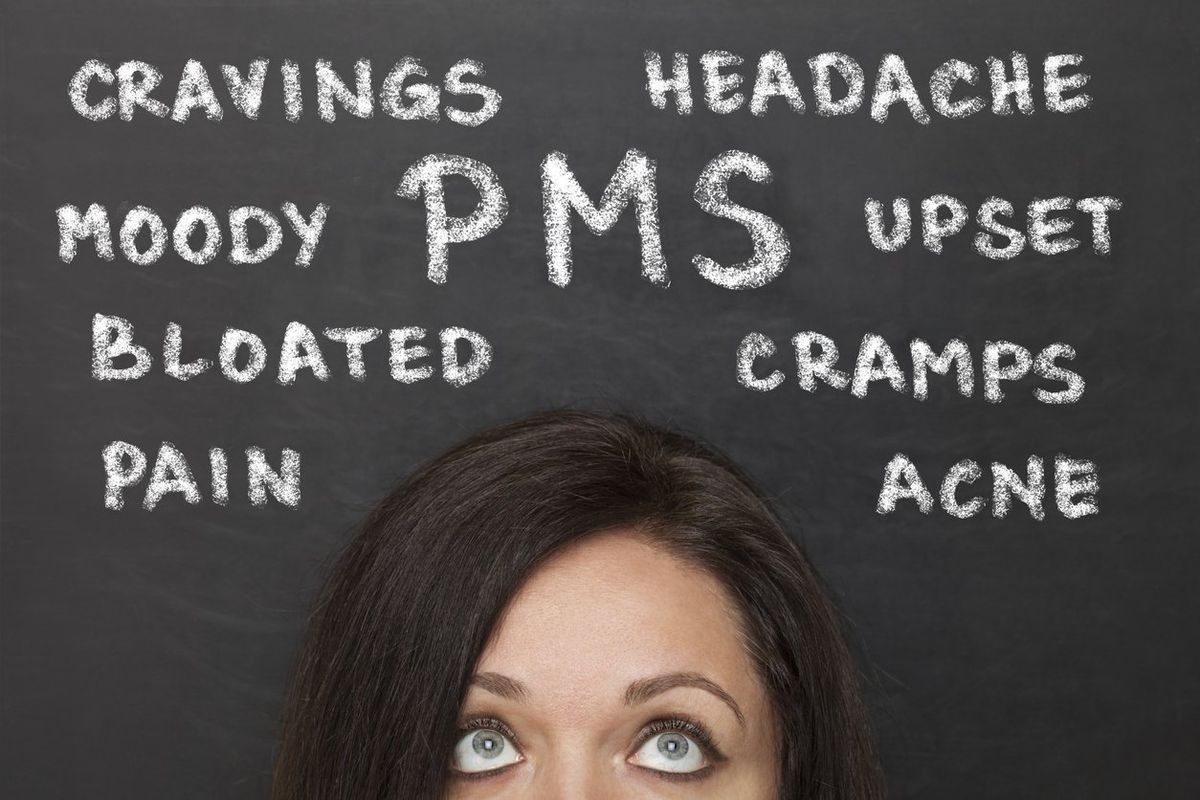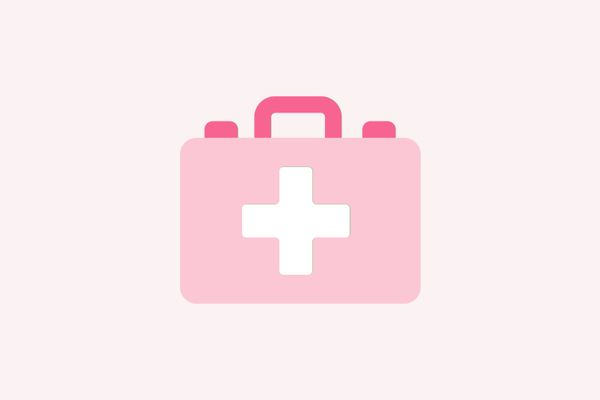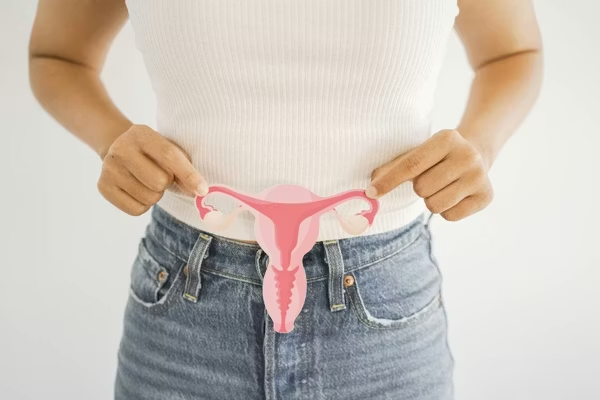It’s one to two weeks before you start your period. The physical and emotional symptoms, like bloating, breast tenderness and crying — just to name a few — are driving you mad.
Welcome to the premenstrual syndrome (PMS) club, where you’re in good company with 3 out of 4 menstruating women who experience a wide range of changes around that time of the month. No, PMS doesn’t stand for Please Make (it) Stop — even though you wish it would. But rest assured, it does stop about four days after your flow begins, as hormone levels start rising again.
PMS doesn’t affect everyone, and the intensity of symptoms can vary from person to person. But research shows that PMS gets worse with age and/or stress.
While the exact cause of PMS isn’t exactly clear, people who are sensitive to fluctuating levels of hormones and changes in serotonin levels (a natural brain chemical that regulates mood) are more likely to experience PMS. There’s no medical test for PMS; instead, it’s more “experiential.” That is, if you notice physical symptoms and mood changes before your period and these disappear once you’re a few days into it, you probably have PMS.
Other factors may also make you more prone to PMS. Although typically there are disparities in health when it comes to race, one study found that Black women are less likely than white women to experience PMS. Another study found that women who have negative perceptions of their health and stress may experience worse symptoms of PMS than women who felt positive about their health.
“I love PMS!” said no one, ever. While PMS is mild for most people, it can be bad enough for some to interfere with everyday life. But there are helpful strategies to ease the symptoms.
We asked members of HealthyWomen’s Women's Health Advisory Council for advice about what can help, and here’s what we found it.
7 tips for handling PMS symptoms like a pro
- Enrich your diet with calcium-rich foods like yogurt, milk and low-fat cheeses.
- Log between seven to nine hours of uninterrupted sleep each night.
- Try NSAIDs like ibuprofen and naproxen to help lessen severe cramps.
- Get regular exercise. Aerobic exercise (like walking, running and cycling) can help lessen PMS symptoms by reducing fatigue and depression. Aim for at least 30 minutes three to five days a week.
- Take birth control pills if they’re right for you — they can help ease symptoms (and are a great option if you’re also interested in contraception). Progestin, a hormone in birth control pills, also doubles as a diuretic, which can help with bloating.
- Consider antidepressants (selective serotonin reuptake inhibitors, or SSRIs), which can help ease mood swings and anxiety.
- Try a “vitamin cocktail” of vitamin B-6 (100–200 mg per day), vitamin E 200 IU (international units per day) and evening primrose oil capsules (500 mg, twice a day) the week before or all month long.
If you have intense physical and emotional symptoms like anger, insomnia and vomiting before your period, you may have a severe form of PMS called premenstrual dysphoric disorder (PMDD). If PMS is disrupting your life, talk to your healthcare provider about your options.







